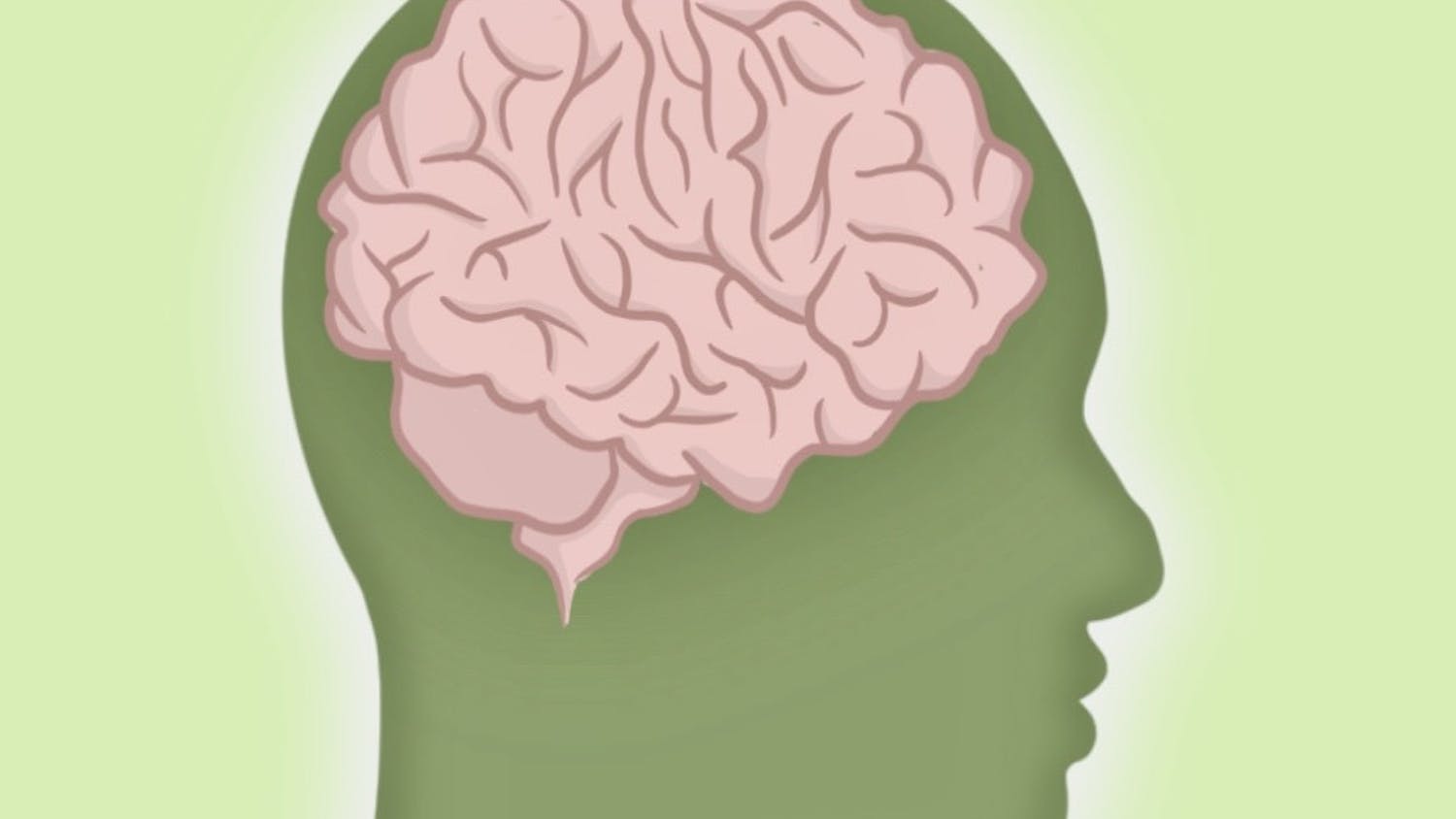UF is teeming with brilliant people working on cutting-edge technology that saves lives, reveals mysteries and solves problems. We’re here to share the latest in UF’s advancements, research and studies.
Alzheimer’s
UF uncovered that anti-inflammatory processes may actually trigger Alzheimer’s, despite what previous research has found.
Anti-inflammatory processes might cause the buildup of sticky clumps of protein that form plaques in the brain. These plaques block brain cells’ ability to communicate, a major characteristic of the illness.
The finding suggests that Alzheimer treatments may need to be tailored to patients depending on which forms of Apolipoprotein E, a major risk factor for Alzheimer’s disease, these patients carry in their genes.
Lupus
A new treatment may reverse the effects of the most common type of lupus, and it is showing promising results after undergoing early testing at UF Health.
The study used human cells and mouse models, and it involved regulating metabolism in cells, affecting how lupus develops in the body. It has yet to undergo clinical trial in humans.
In lupus, specialized white blood cells known as CD4 T-cells use mostly glucose, a type of simple sugar, for energy metabolism.
Researchers blocked glucose metabolism by using the common type 2 diabetes drug metformin and a glucose inhibitor. The CD4 T-cells returned to normal activity and the symptoms of lupus were reversed.
The research team initially got the idea for this method of attack on lupus after seeing a similar approach succeed in cancer research, said Laurence Morel, Ph.D., director of experimental pathology and a professor of pathology, immunology and laboratory medicine in the UF College of Medicine.
The findings were published Feb. 11 in the journal Science Translational Medicine.
[A version of this story ran on page 8 on 2/17/2015 under the headline “UF makes Alzheimer’s and Lupus discoveries"]





